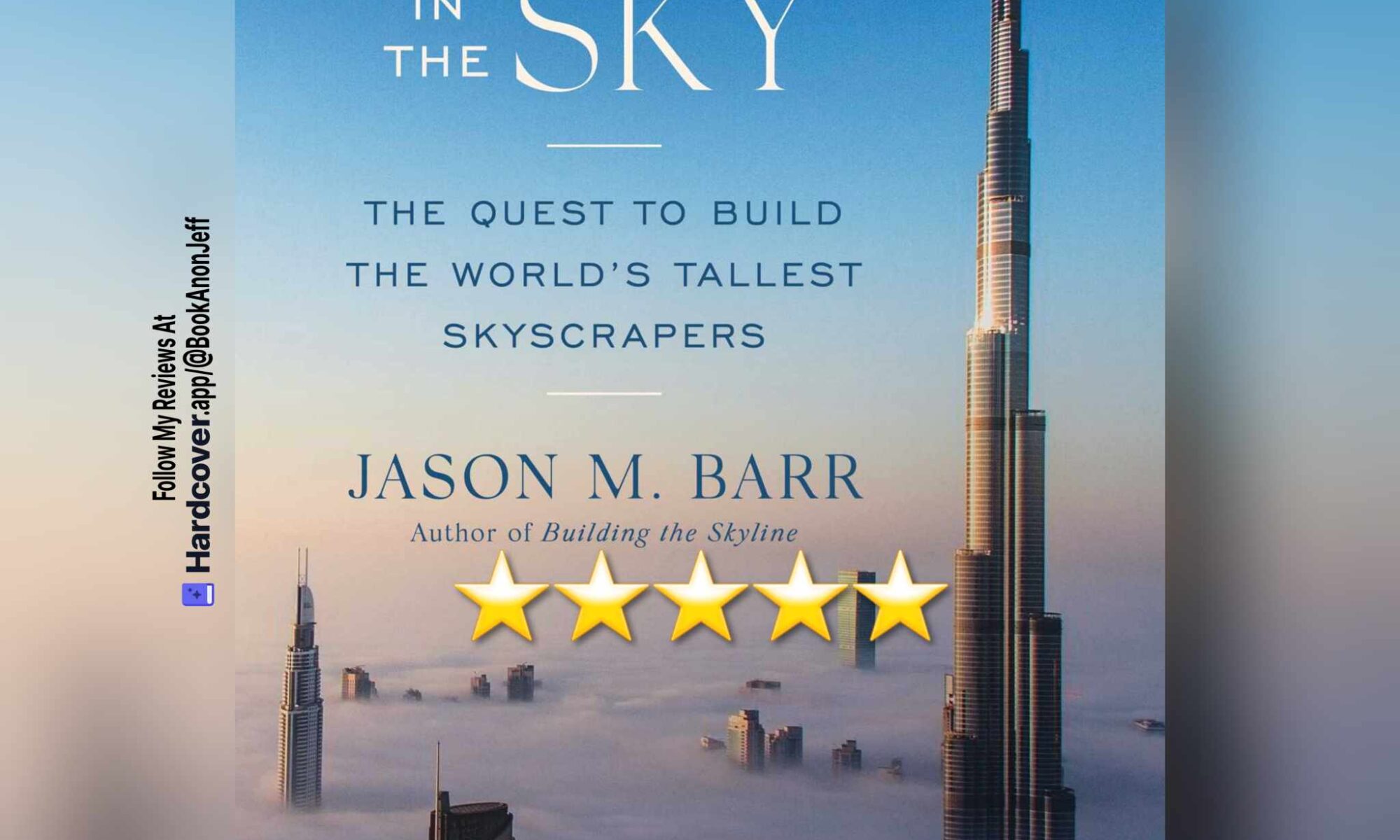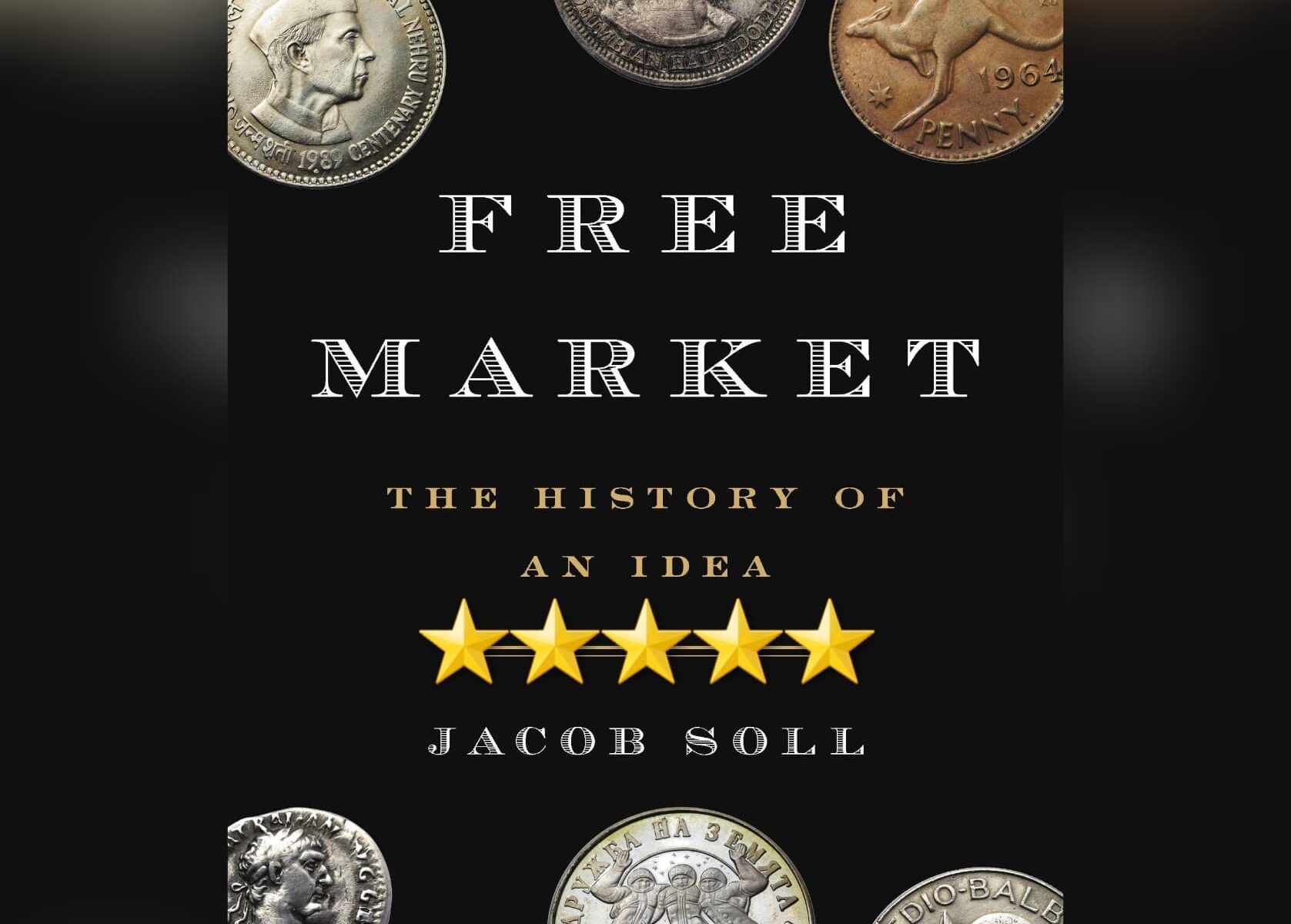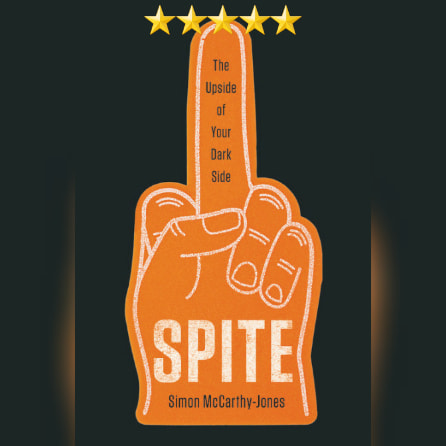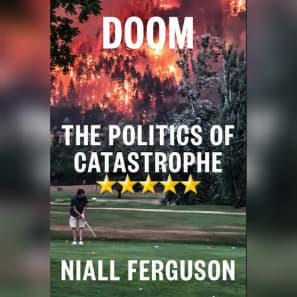Solid And Seemingly Comprehensive Examination Of The Topic. This is a book that takes a look at the ever-evolving quest to build the world’s tallest skyscrapers, from its origins in the 19th century (and the debate over who first created what) all the way through Summer 2023, when the book was being written. Along the way we learn of various periods of American skyscraper construction – yes, including Sears Tower, the Empire State Building, the World Trade Center towers, and others. But we *also* get just as detailed a view of skyscraper construction in other areas of the world and how each builds on advances in the other locations as time progresses. We visit the Middle East and learn of its mega projects. We visit Hong Kong in both the Colonial and Chinese eras. We visit Taiwan and China and see how their standoff plays out in their construction efforts. Along the way, we get the histories and economics of how and why such structures are wanted and what makes them profitable – hint, it isn’t always the rents they generate from tenants. We even get a solid examination of the arguments for and against such structures, along with the (seemingly requisite in this type of book) predictions for the future and a few suggestions for how to make those predictions become reality.
Overall truly an interesting book, well written for the average reader – yes, there is some jargon, but Barr does a solid job of using it sparingly and explaining it reasonably well when he does. Also reasonably well documented, clocking in at 20% of the text of the Advance Review Copy edition I read.
Very much recommended.
This review of Cities In The Sky by Jason M. Barr was originally written on April 27, 2024.





